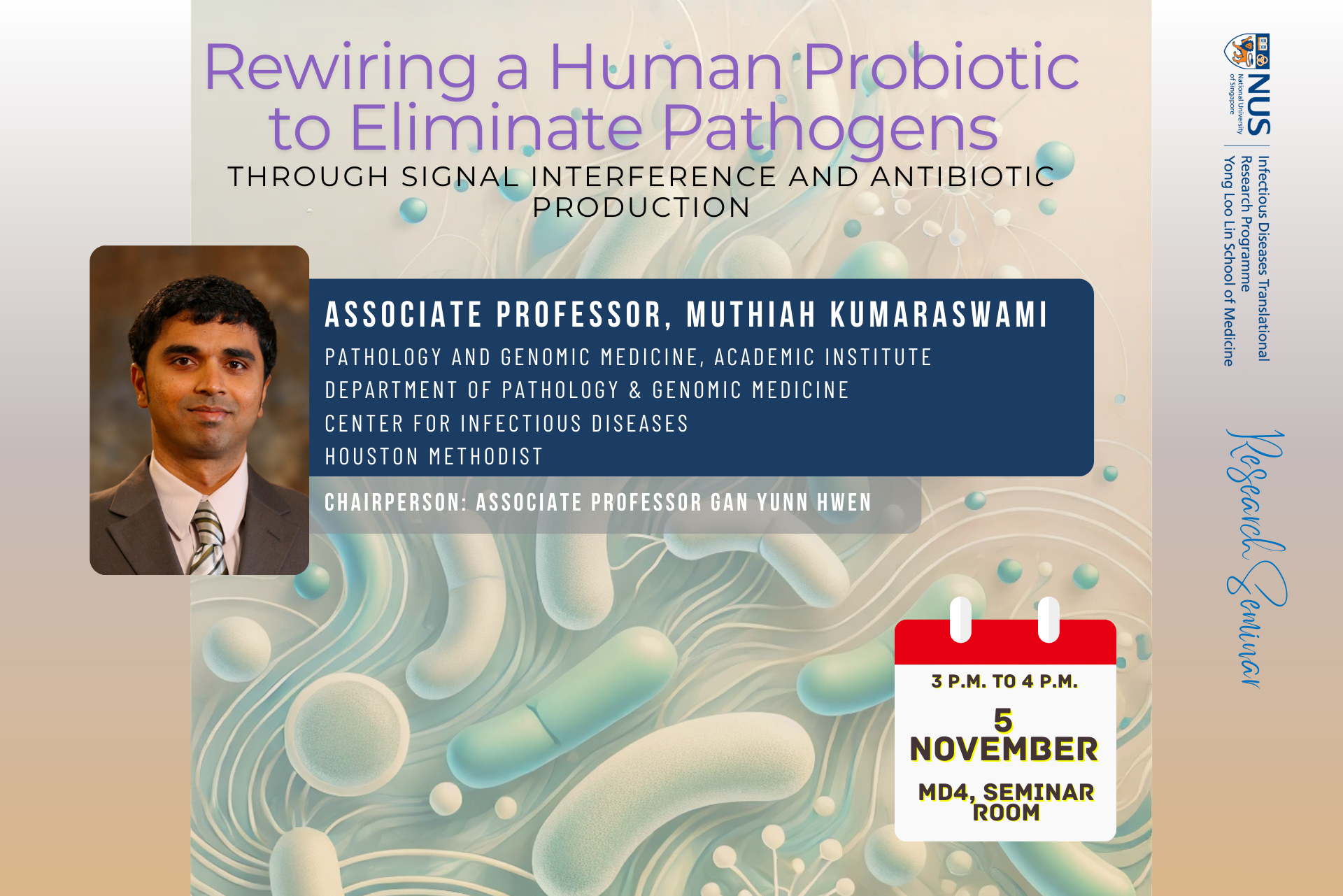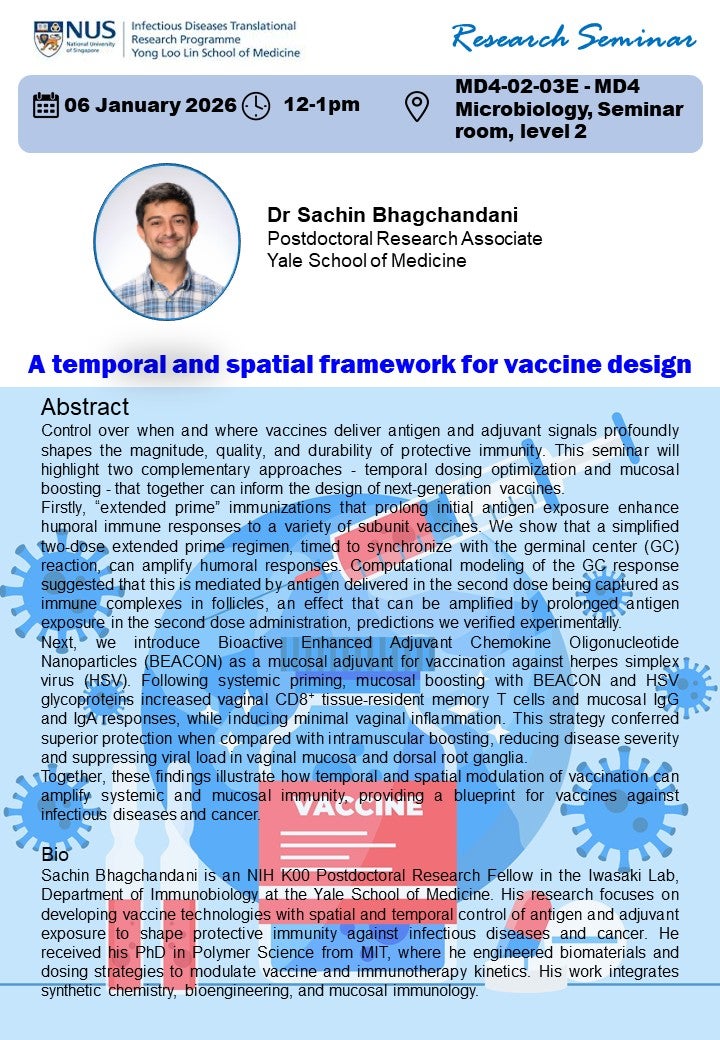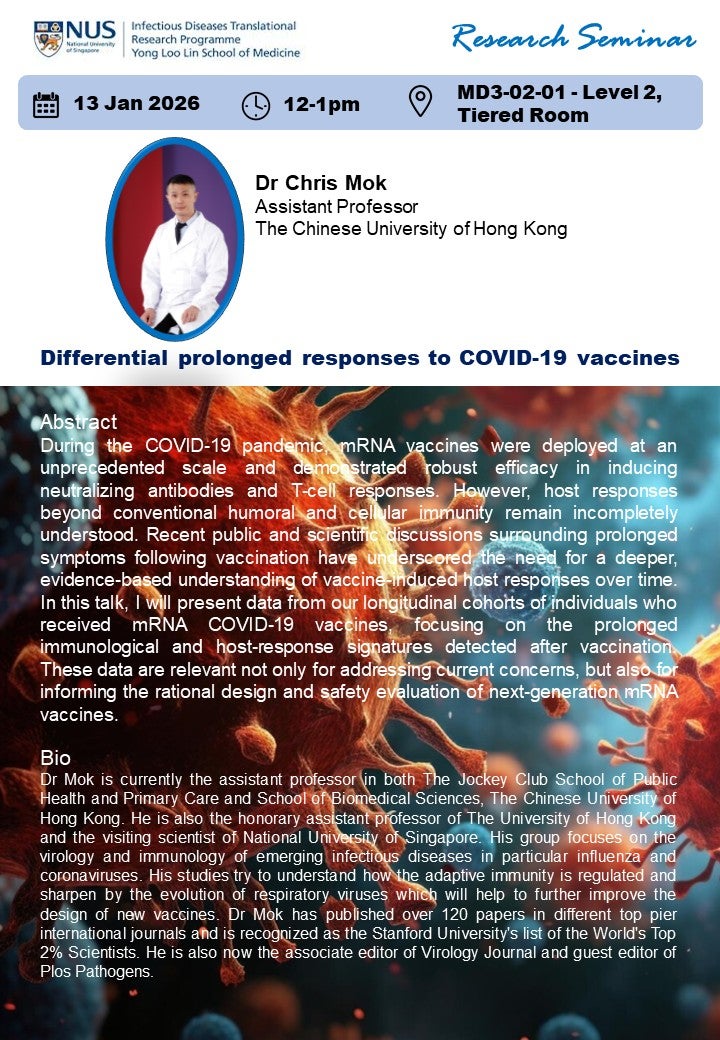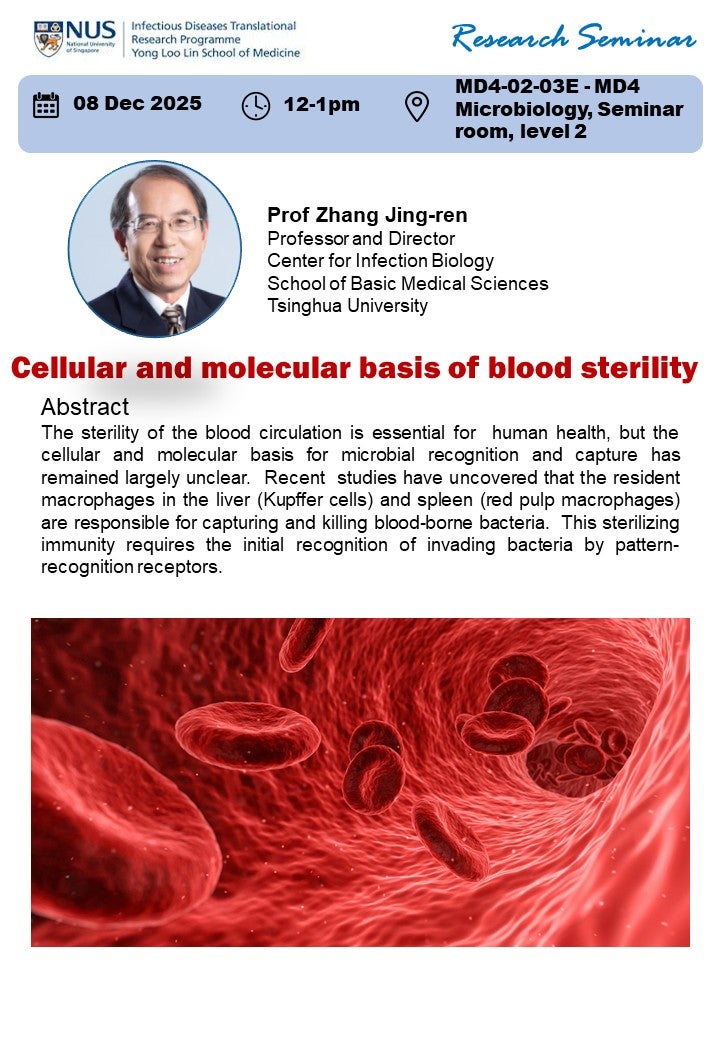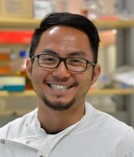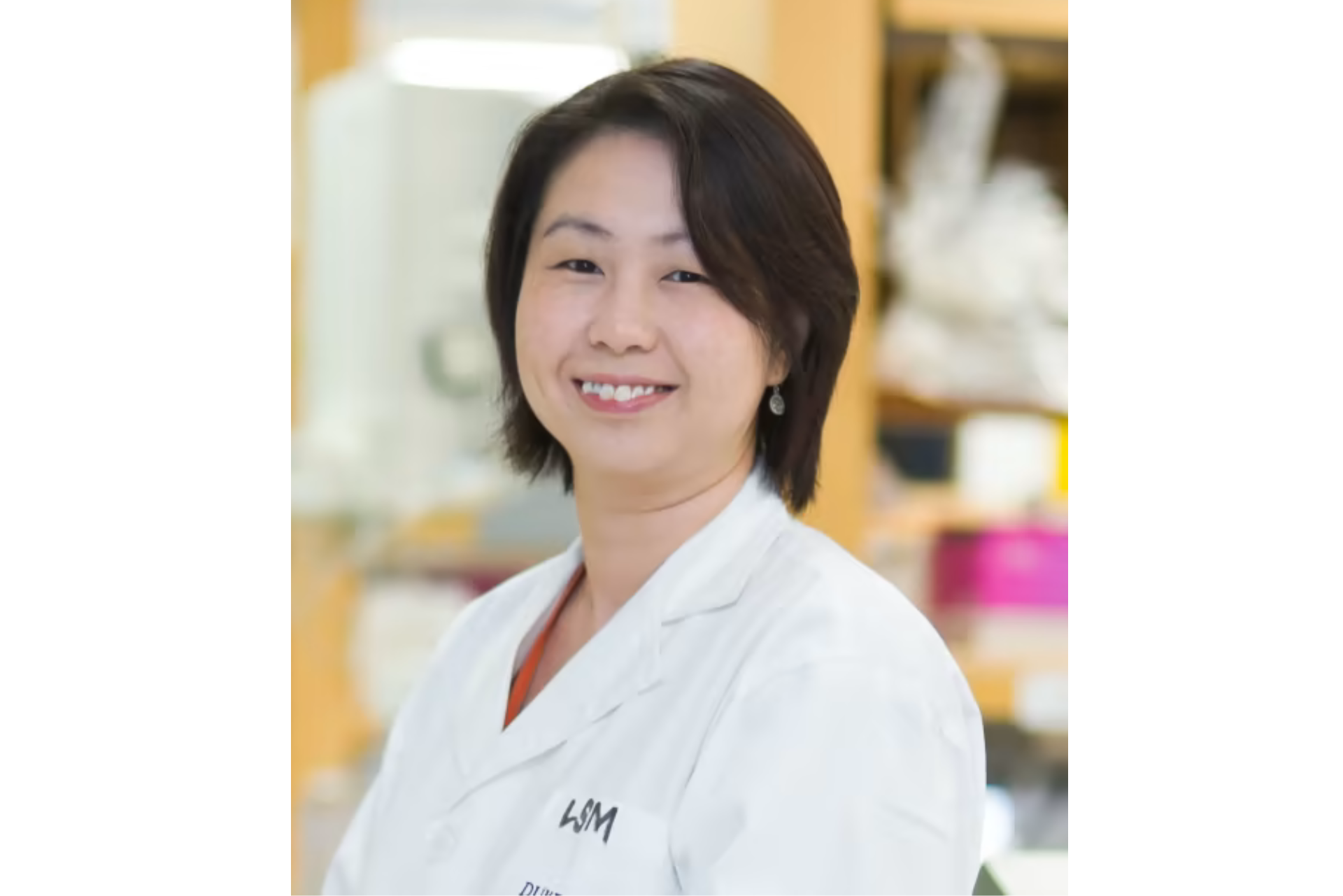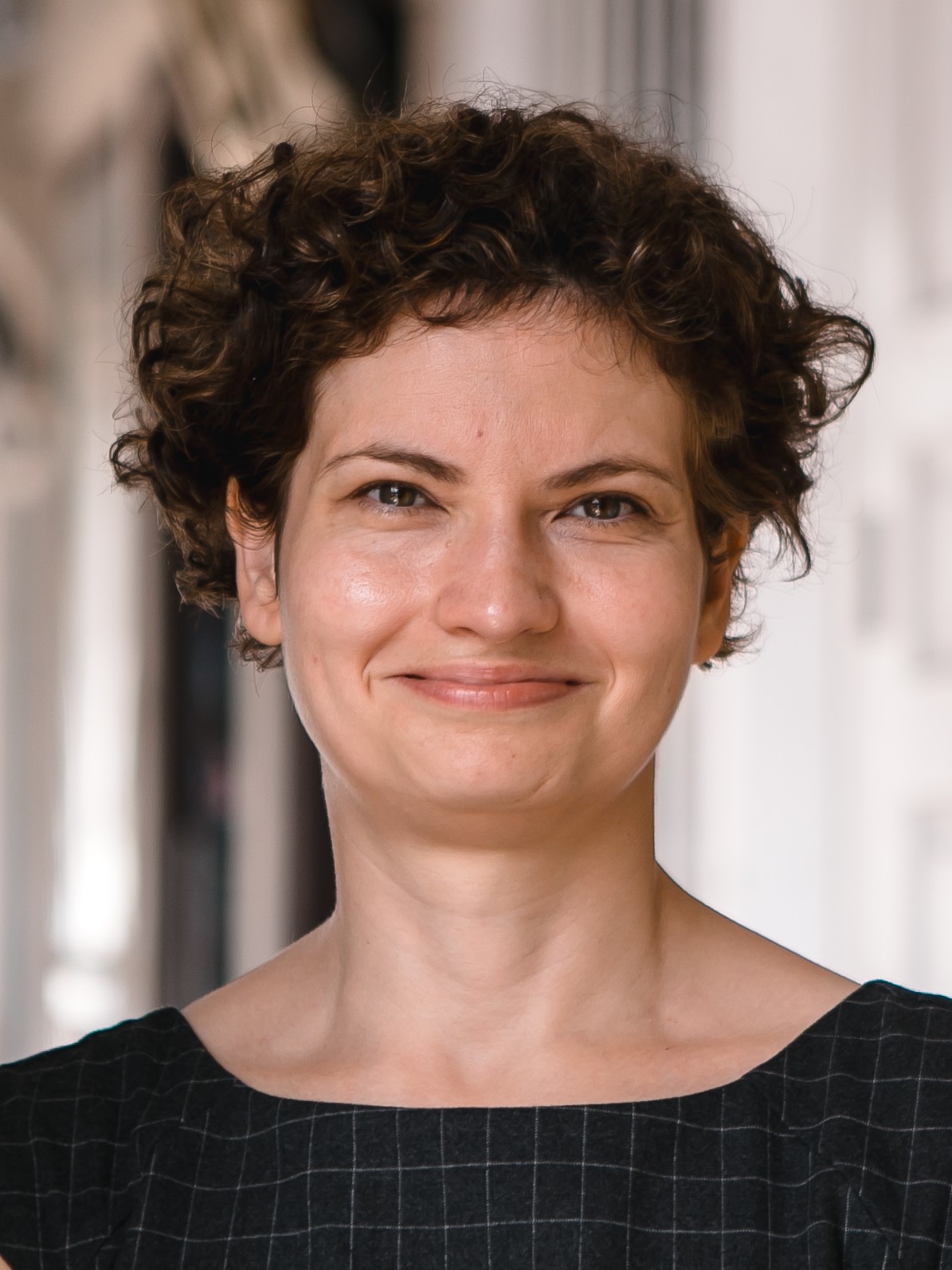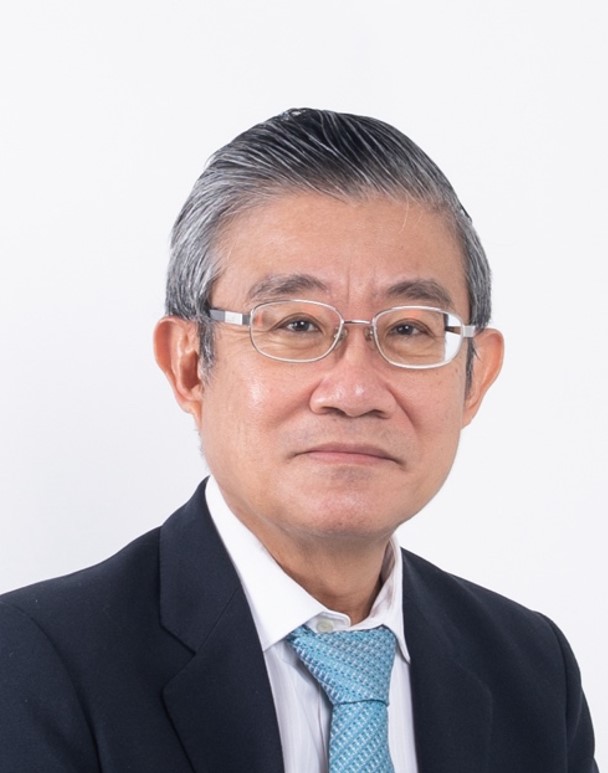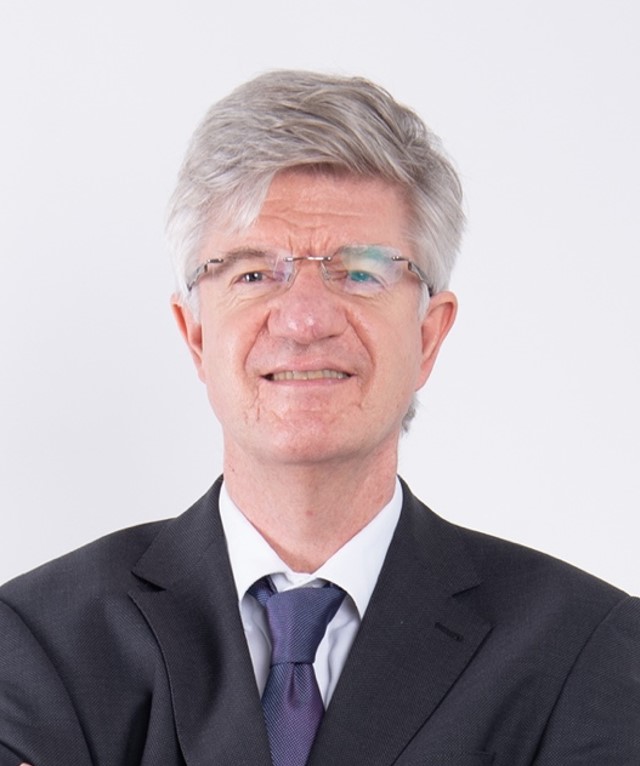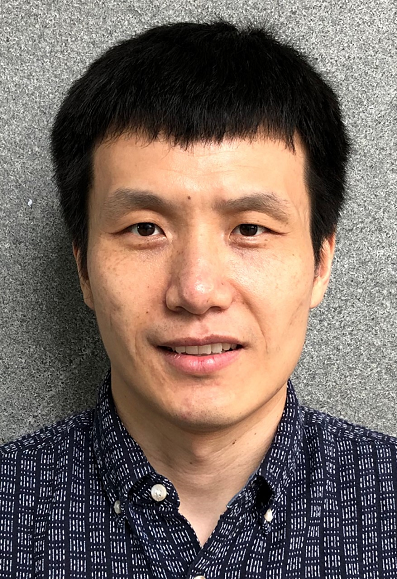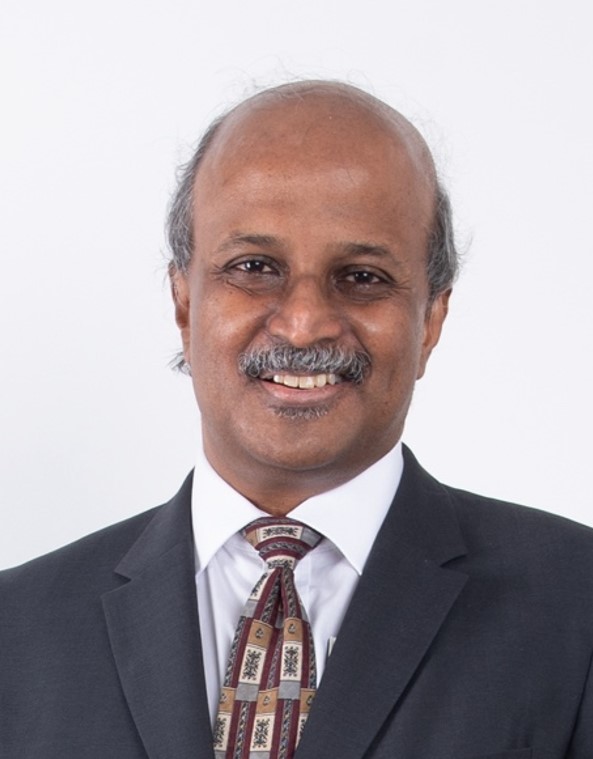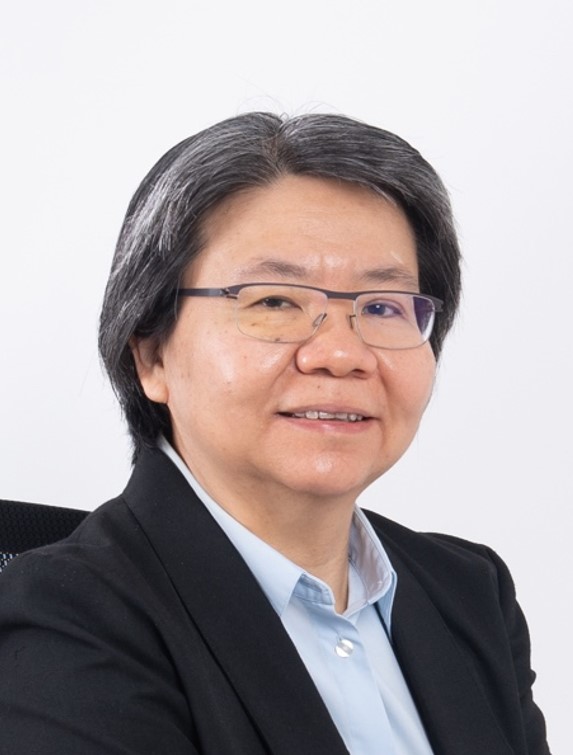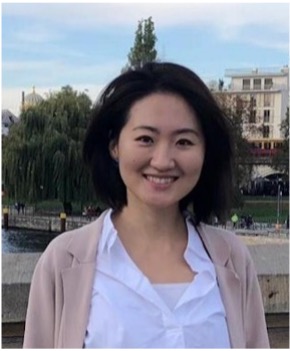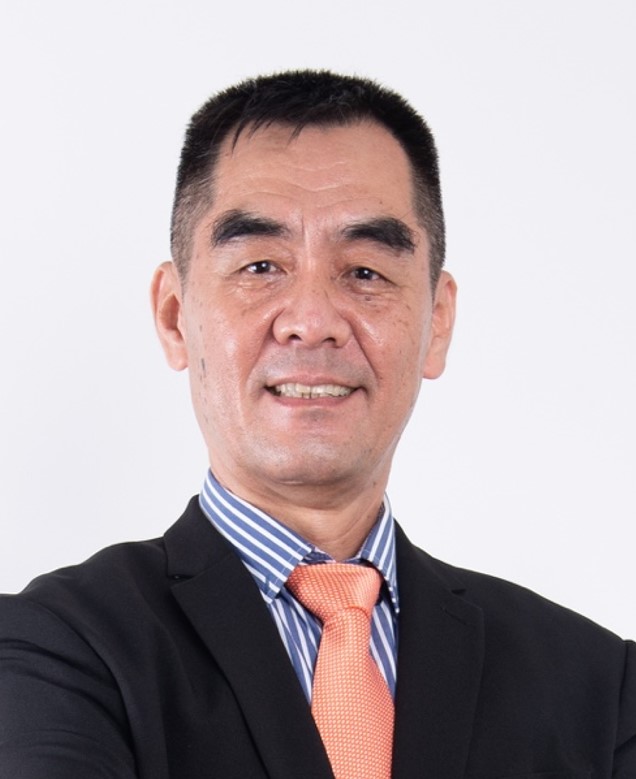Abstract:
Microbial conflicts arising from antagonistic interactions between members of host-associated microbial communities and pathogens influence microbiome composition and pathogen colonization. There is growing interest in leveraging these conflicts to develop microbiota-based therapies for infectious diseases. However, the effective development of such therapies requires a deeper understanding of the molecular mechanisms by which microbiota control infections. Dr. Kumaraswami’s laboratory focuses on elucidating these mechanisms, particularly the interactions between pathogenic and commensal bacteria, with the aim of translating these insights into novel strategies for infection treatment and prevention. In this presentation, he will describe and analyze some of his key findings.
Biography:
Dr. Kumaraswami received his Ph.D. in microbiology and immunology from the University of Tennessee Health Sciences Center in Memphis. He then completed a postdoctoral fellowship at The University of Texas M.D. Anderson Cancer Center in Houston, Texas. In 2008, Dr. Kumaraswami received the Amgen Award for Basic Science Research from the M.D. Anderson Alumni and Faculty Association. He joined the Center for Molecular and Translational Human Infectious Diseases Research at The Methodist Hospital Research Institute in 2010.
Dr. Kumaraswami conducts translational research on the gene regulatory and drug-binding mechanisms of transcription regulators in bacterial pathogens such as Staphylococcus aureus. His research focuses on three major proteins (RopB, RofA, and RocA) that are involved in the coordinated regulation of virulence gene expression and group A streptococci pathogenesis.
